Making the leap to senior success
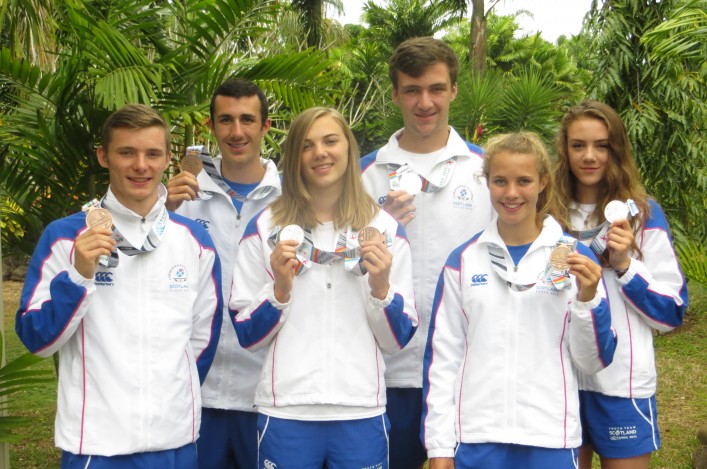
Our six in Samoa brought home seven medals in total from Samoa
Website report on the Commonwealth Youth Games 2015
The success of Scotland’s six track and field athletes at the Commonwealth Youth Games attracted interest from the Scottish media. In this piece first published in the Herald, writer Stewart Fisher talks to Mark Pollard about the importance for young Scottish athletes of trying to translate junior promise to senior success.
By Stewart Fisher
ALL six members of Scotland’s athletics team made the weary trans-Atlantic flight back from the Commonwealth Youth Games in Samoa with an additional piece of bling to place in their hand luggage. Now Mark Pollard’s job is to ensure that their journey doesn’t end there.
Pollard, twice a Scottish cross country champion during the mid-noughties, has seen too many of our talented teenagers fall by the wayside when it comes to making the transition from promising junior athlete to the senior ranks.
As head of the scottishathletics National Academy, his mission is to educate coaches, parents and these youngsters themselves in order to ensure that Scotland’s aspiring athletes go the distance.
‘From my Under-15 Scottish group, the only two to continue to be Scottish international runners were myself and Andrew Lemoncello and I always felt that was a poor statement on our ability to retain talent,’ said Pollard.
‘If you look at the previous team in 2011, I think about half of that team went on to make Glasgow 2014 standards. If you go back to the 2008 team in Pune, you had Chris O’Hare, Eilish McColgan, Lynsey Sharp, Beth Potter and Myra Perkins.
‘Our normal strike rate is about 50% so part of my conversation with them was ‘let’s see if our strike rate can be a bit better, say 75% for the Gold Coast in 2018.’
The medal haul from Samoa deserves recounting in a bit of detail. There were silvers for Carys McAulay in the 800m and George Evans in the discus, Alisha Rees took a silver and a bronze in the sprints, with her male counterpart Cameron Tindle getting a bronze in the 100m and narrowly missing out on another in the 200m.
Rachel Alexander of Giffnock North took a bronze in the long jump before, last but not least, perhaps spurred on by not wanting to be the only member of the squad to return without a piece of precious metal round his neck, Perth’s Ben Greenwood mounted an improbable sprint down the home straight to take bronze in the 800m in a personal best time.
‘Ben was the final one up and I think he was feeling a wee bit of pressure around that,’ recalled Pollard, who travelled out with the group as coach.
‘The two Kenyans in the race were head and shoulders above everybody and there were four or five guys scrapping for that bronze. A Jamaican boy went with the Kenyans, and he was 25-30 yards ahead with 200m to go, but he started tying up, and Ben came through from fifth or sixth. It [winning medals] becomes infectious. He did it with a PB and a Scottish record.
‘He physically could not have done any more, so that was the one which got a medal for everybody and it was a nice way to finish.’
Five athletes from the Scotland CYG team in Pune in 2008 were at Glasgow 2014
Now, though, is where the hard work really starts.
In the third year of its existence, the National Academy aims to build on a recent trend towards greater retention of talent within the sport.
There was evidence of this in the seven-strong team of Scots who represented Great Britain at the World Championships in Beijing, not to mention those starring at the age groups underneath, such as Josh Kerr’s 1,500m win at the U20 European Championships in Sweden. But Pollard is far from complacent.
The 32-strong National Academy group meet together three times a year with classes also aimed at individual athletes’ personal coaches as well as their kith and kin.
There are classes, for instance, on how to source funding for a career in athletics, while Eilidh Child and Chris O’Hare‘s fathers have both given talks about how pushy a parent you should be in order to optimise your child’s chances.
‘In terms of the guys who were in Samoa four of them were already in the academy,’ said Pollard, formerly a PE teacher in Inverclyde.
‘Two were just that wee bit younger so they will be offered a place going in to this winter. It is just trying to make success at international level more of an expectation for Scots. Letting them see guys in the same programme as them getting picked for these big international events and getting them to think ‘why can’t they do it too?’’
Pollard also had the role of athletics team manager for Scotland at the Commonwealth Games, a rather diverting existence when dramas are unfolding such as that which afflicted Lynsey Sharp on the eve of her final. Amazingly, the task of chaperoning a group of Scottish teenagers to Samoa seems like child’s play by comparison.
‘They were sleeping when we asked them to sleep, eating when we asked them to eat,’ said Pollard.
‘You couldn’t fault their discipline. At that stage it is like a big adventure for them. While the athletics guys all knew each other, the six of them mixed with the boxers, the weightlifters, the tennis players. A fortnight before we left they were nervous and unsure of themselves; by the time they got back, with the experiences and the friendships they had gained, it was completely different.’
It is noble work. Pollard would love to do more, but with pressure on Government budgets post 2012 and 2014, times are tight.
Any sponsors or individuals willing to add their backing to his endeavours would not be turned away.
‘We are pretty much doing this on a shoestring just now,’ he said. ‘But we are doing the best with what we have got. We would look to do more if we could.’
Ben Greenwood fights for bronze in Samoa
Tags:
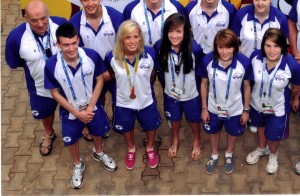
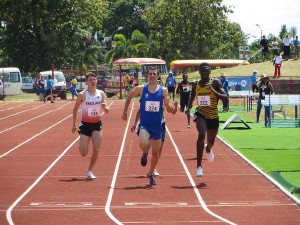
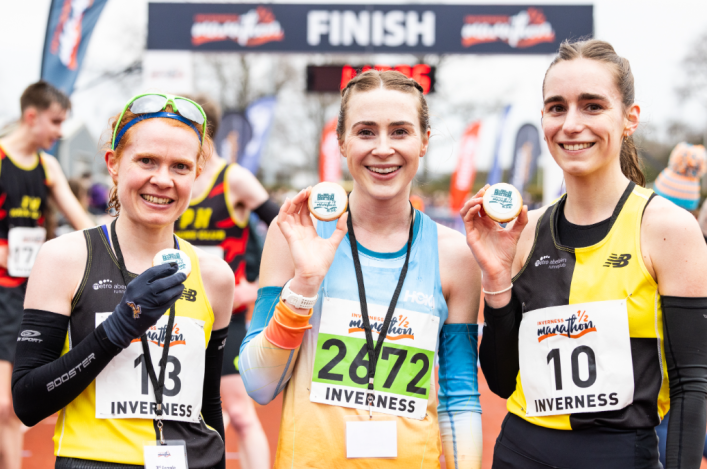
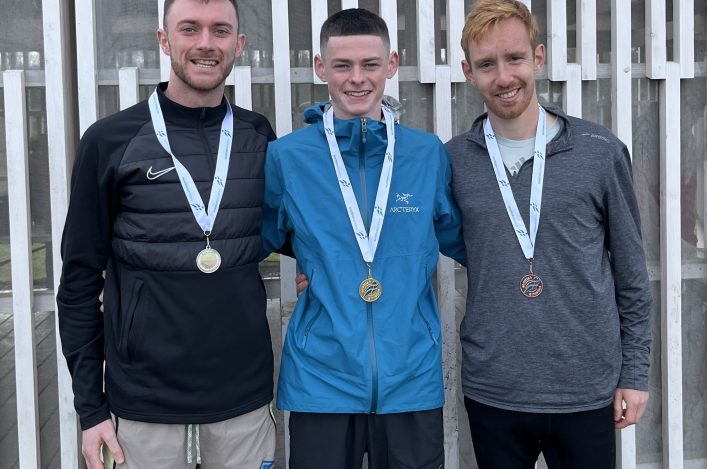



Latest Facebook update
15 hours ago
Video
Share on Facebook Share on Twitter Share on Linked In Share by Email